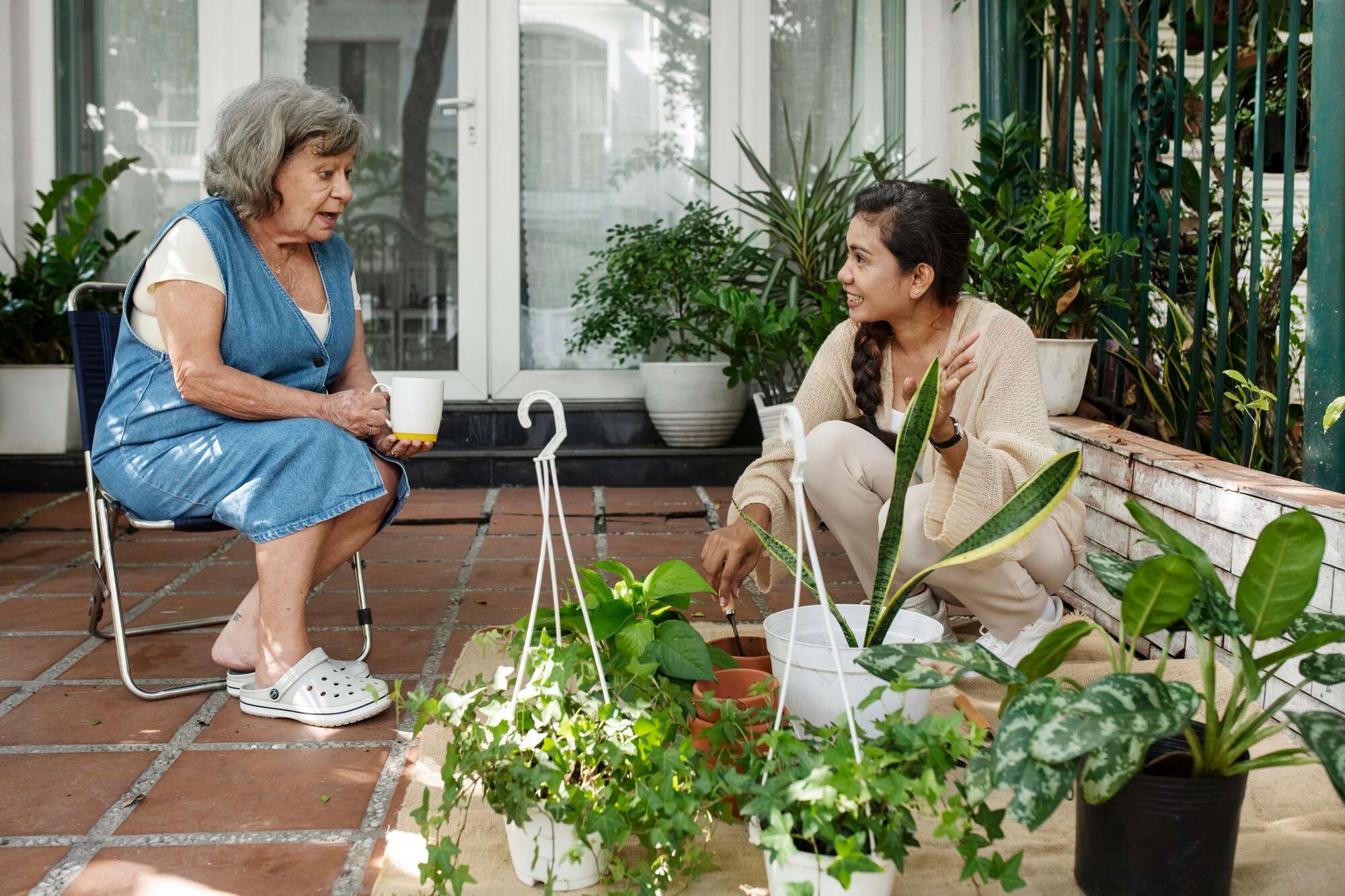
Nurturing Yourself: Essential Self-Care Strategies for Caregivers
Nurturing Yourself: Essential Self-Care Strategies for Caregivers
Feeling drained while caring for someone with cancer is more common than you think. When your own emotional wellness takes a back seat, the weight only grows heavier. This guide offers clear caregiver self-care strategies to help you nurture your mind and body, so you can stay resilient through every challenge. Explore how caring for yourself strengthens your ability to support those you love. For further reading, you can visit this resource.
Understanding Caregiver Self-Care

Balancing the care of a loved one with cancer and your own emotional needs can be tough. Let's explore why your well-being matters and how to spot burnout early.
The Importance of Emotional Wellness
Emotional wellness is crucial when you're a caregiver. It affects how you think, feel, and handle stress. By taking care of your own emotional needs, you build a strong foundation to better support your loved one. This means finding moments for yourself, even small ones, can make a significant difference. For instance, a few minutes of deep breathing might be all you need to reset. When you prioritize your emotional wellness, you have more energy to be present and supportive.
Think of it this way: if you don't take care of yourself, who will? Most people believe they can push through without breaks, but this leads to burnout. Give yourself permission to step back sometimes. This is not just beneficial; it's necessary. Remember, maintaining your emotional health enables you to be the caregiver you aspire to be. To get more insights, check out this helpful guide.
Recognizing Signs of Burnout
Burnout can sneak up on you if you're not careful. It's more than just feeling tired; it's deep exhaustion that doesn't go away with a good night's sleep. You might notice changes in your mood or a lack of interest in things you once enjoyed. Physical symptoms, like headaches or stomachaches, could also appear.
Be alert to these signs. When your patience wears thin, or you start feeling resentful, it's time to act. Ignoring burnout can lead to serious health issues. Most believe soldiering on is a sign of strength, but true strength lies in recognizing when you need a break. By acknowledging these signs early, you can take steps to prevent further exhaustion. Acknowledge how you feel and reach out for support. Learn more about managing caregiver stress here.
Strategies for Maintaining Balance

Finding balance as a caregiver involves practical self-care steps and creating a reliable support system. Let's delve into some effective strategies to help you maintain this balance.
Practical Tips for Daily Self-Care
Daily self-care doesn't have to be complicated. Start with simple steps like setting aside 10 minutes each day for an activity you love. This could be a short walk, reading, or listening to your favorite music. These small breaks can recharge your mind and body.
Next, consider your diet and sleep. Eating nutritious meals and getting enough rest are essential. They fuel your body and mind, helping you cope with stress better. Remember, caregiving is a marathon, not a sprint. By taking care of your physical needs, you can handle demands more effectively.
Here's the key insight: It's okay to prioritize yourself. When you do, you'll see how much more you have to give. For more tips, explore this self-care resource.
Building a Support Network
No caregiver should go it alone. Building a support network is vital. Start by reaching out to family and friends. Let them know how they can assist you, whether it's running errands or simply listening.
Consider joining a support group where you can share experiences and advice. Connecting with others who understand your challenges can be incredibly comforting and empowering. Remember, reaching out is not a sign of weakness but an act of strength. When you share the load, you can better manage stress and avoid burnout. Discover more about emotional support here.
Enhancing Resilience Through Mind-Body Practices

Developing resilience through mind-body practices can help you navigate the caregiving journey more smoothly. Let's explore these powerful techniques.
Exploring the Mind-Body Connection
The mind-body connection is more powerful than you might realize. It suggests that your mental state influences your physical health and vice versa. By engaging in activities that nurture both, such as yoga or meditation, you can enhance your overall well-being.
These practices help calm the mind and reduce stress, which is crucial when caring for someone with cancer. Regular practice can improve your mood, reduce anxiety, and increase your energy levels. You're not just taking care of your body; you're nurturing your spirit. This connection is key to building resilience and staying strong.
Think about this: when you calm your mind, you create a ripple effect of peace throughout your body. This balance helps you face each day with renewed strength. For more on enhancing resilience through mind-body practices, visit this holistic health guide.
Holistic Health Techniques for Caregivers
Holistic techniques can be a great addition to your self-care routine. Consider practices like tai chi, acupuncture, or aromatherapy. These techniques focus on the whole person, not just symptoms, promoting healing and well-being.
Incorporating these practices into your life can help manage stress and improve your health. They're not just alternative methods but complementary approaches that can enhance your caregiving journey. Most believe traditional medicine is the only path, but these holistic techniques offer valuable support.
When you explore these options, you're investing in your health and your ability to care for others. Here's a thought to ponder: the more you explore different methods, the richer your self-care toolkit becomes.
🌟
Remember, taking care of yourself isn't a luxury. It's a necessity. By implementing these strategies, you can maintain your emotional wellness and continue to be a pillar of strength for your loved one. If you're ready to take the next step in your self-care journey, consider booking a consultation with The Cancer Conversation to discover personalized support options.







